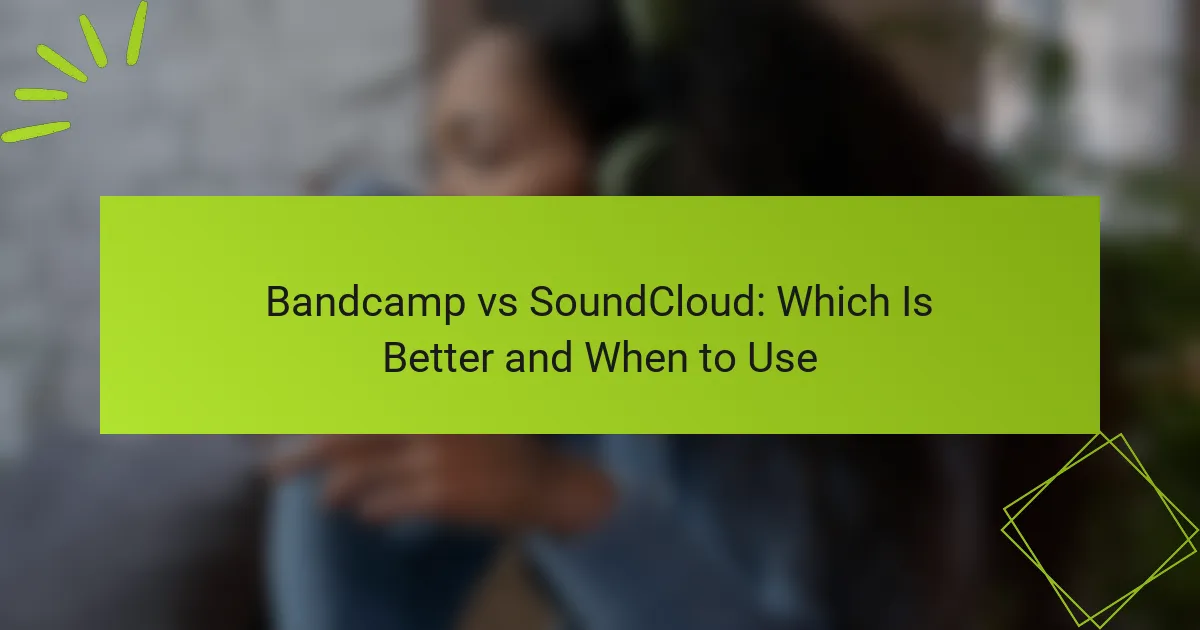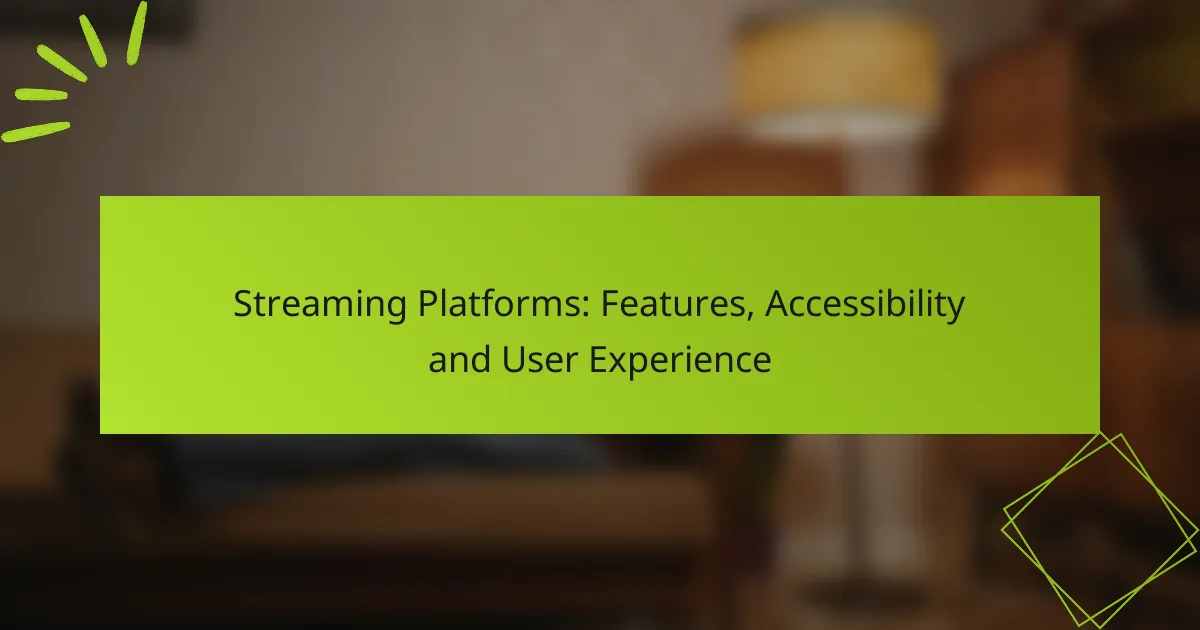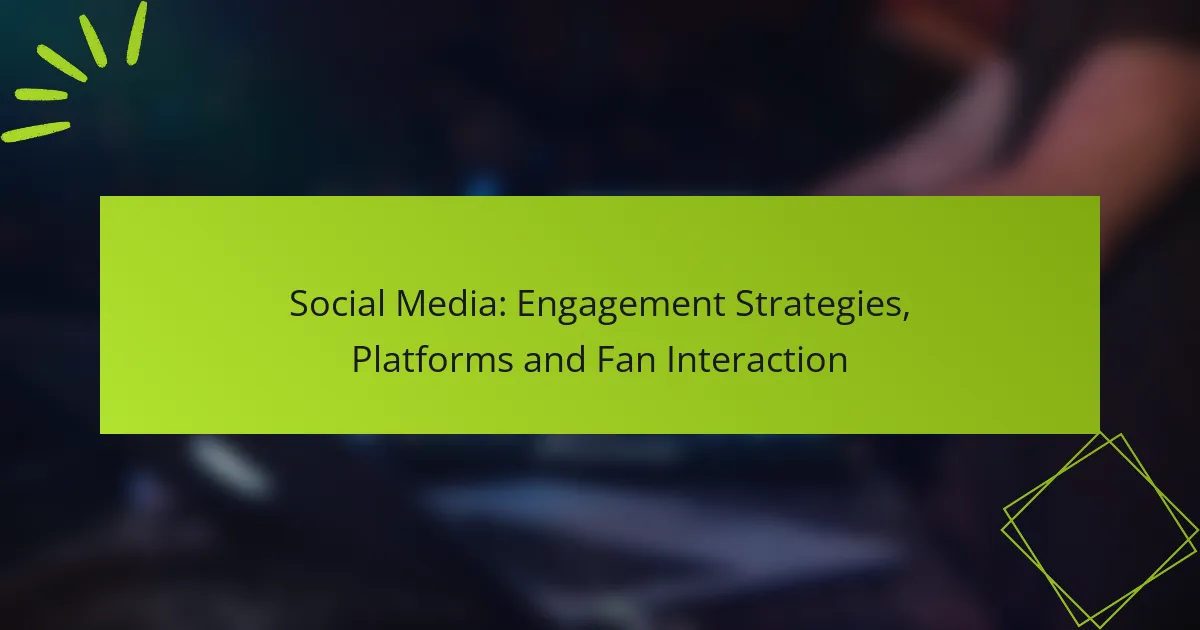When deciding between Bandcamp and SoundCloud, independent artists must consider their goals: Bandcamp offers greater control over sales and fan engagement, while SoundCloud provides a platform for reaching a broader audience. Use Bandcamp to sell music directly and foster a loyal fanbase, whereas SoundCloud is best for promoting tracks and connecting with other musicians in a vibrant community.

Which platform is better for independent artists in the US?
For independent artists in the US, Bandcamp is often considered better for those seeking control over sales and direct fan engagement, while SoundCloud excels in reaching a wider audience. The choice depends on whether you prioritize sales autonomy or audience exposure.
Bandcamp offers more control over sales
Bandcamp allows artists to set their own prices for music and merchandise, giving them significant control over sales. Artists can choose to offer their music for free, set a minimum price, or allow fans to pay what they wish, which can enhance fan loyalty and engagement.
Additionally, Bandcamp takes a small percentage of sales, typically around 10-15%, which is competitive compared to other platforms. This model encourages artists to connect directly with their audience, fostering a community around their work.
SoundCloud provides broader audience reach
SoundCloud is designed for sharing music widely, making it easier for artists to reach new listeners. The platform has millions of active users and features tools for promoting tracks, which can lead to viral exposure.
Artists can upload their music for free, and SoundCloud’s algorithms help surface tracks to potential fans based on listening habits. This can be particularly beneficial for emerging artists looking to build a following quickly.
Bandcamp supports physical merchandise sales
One of Bandcamp’s standout features is its support for physical merchandise sales, such as vinyl, CDs, and apparel. Artists can create a storefront that includes both digital and physical products, allowing fans to purchase directly from them.
This capability not only enhances revenue streams but also strengthens the artist-fan relationship, as fans appreciate the opportunity to buy unique items directly from the artist.
SoundCloud has extensive social sharing features
SoundCloud includes robust social sharing features that allow artists to easily promote their tracks across various platforms. Users can share music on social media, embed tracks on websites, and collaborate with other artists, increasing visibility.
The platform’s commenting system also encourages interaction, enabling fans to engage directly with artists and each other. This social aspect can help build a community around an artist’s work, fostering deeper connections with listeners.

When should I use Bandcamp?
Use Bandcamp when you want to sell music directly to your fans and create a more personalized experience. This platform is ideal for artists seeking to build a loyal following and offer exclusive content or merchandise.
For selling music directly to fans
Bandcamp allows artists to set their own prices for music, giving you control over your revenue. You can offer digital downloads, physical copies, and even vinyl, catering to various fan preferences. Many artists report earning a higher percentage of sales compared to other platforms, making it a financially viable option.
Consider using Bandcamp if you have a dedicated fan base willing to support your work. You can also implement a “pay what you want” model, which encourages fans to contribute more if they feel inclined, potentially increasing your earnings.
When offering exclusive content or merchandise
Bandcamp excels in providing artists with the ability to offer exclusive content, such as bonus tracks, live recordings, or behind-the-scenes material. This can enhance fan engagement and create a sense of community around your music. Additionally, you can bundle merchandise like T-shirts or posters with music purchases, increasing overall sales.
Utilize Bandcamp’s features to create special offers or limited-time releases, which can drive urgency and boost sales. For instance, consider launching a new album with exclusive merchandise available only through Bandcamp, ensuring that your most dedicated fans feel valued and appreciated.
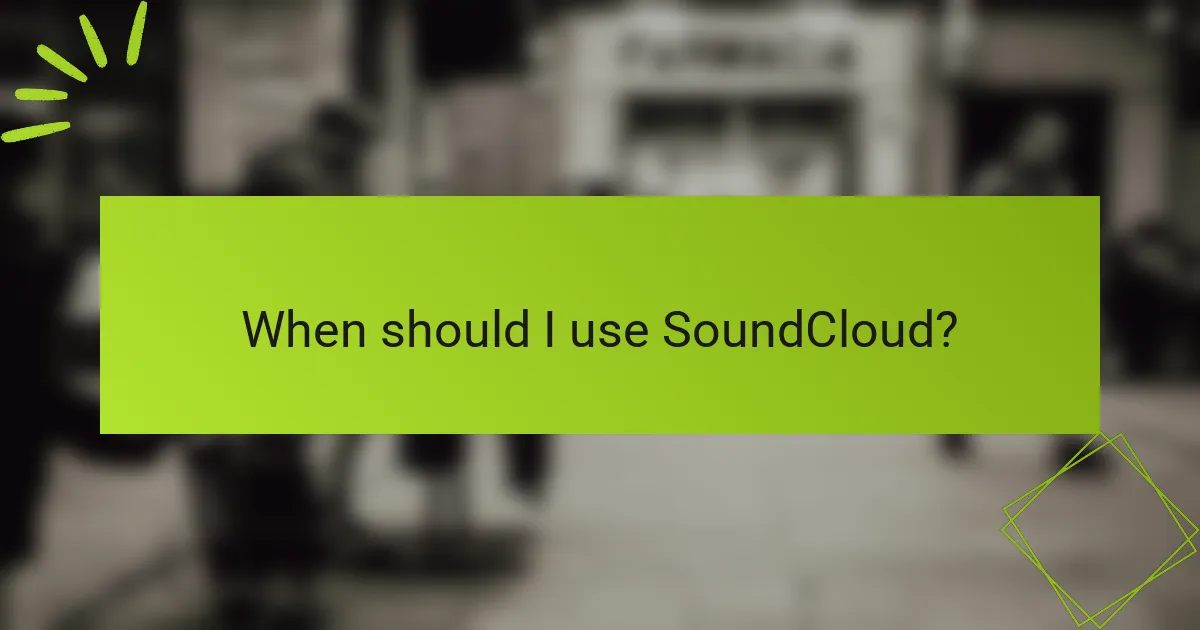
When should I use SoundCloud?
SoundCloud is ideal for artists looking to promote their tracks to a larger audience and connect with other musicians. Its user-friendly platform and social features make it a go-to choice for sharing music and engaging with fans.
For promoting tracks to a wider audience
SoundCloud offers a vast user base, making it an effective platform for reaching listeners beyond your immediate circle. By uploading your tracks, you can take advantage of features like reposts and comments, which help increase visibility and engagement.
Consider utilizing SoundCloud’s promotional tools, such as Spotlight, to highlight your best tracks. This can enhance your chances of being featured on playlists, further expanding your reach. Regularly engaging with listeners through comments can also foster a loyal following.
When seeking collaborations with other artists
SoundCloud serves as a collaborative hub where artists can discover and connect with each other. By sharing your music, you can attract potential collaborators who resonate with your style and sound.
To maximize collaboration opportunities, actively participate in the community by commenting on others’ tracks and sharing feedback. You can also use tags effectively to categorize your music, making it easier for like-minded artists to find you. Consider reaching out directly through private messages to propose collaboration ideas.

What are the key features of Bandcamp?
Bandcamp offers a range of features that cater specifically to independent artists and their fans. Its platform emphasizes artist control, allowing musicians to create unique profiles, set their own pricing, and engage directly with their audience.
Customizable artist pages
Bandcamp allows artists to create highly customizable pages that reflect their unique brand and style. Musicians can upload their music, add artwork, and include bios or links to social media, creating a cohesive online presence. This personalization helps artists stand out and connect with fans on a deeper level.
Additionally, artists can choose how their music is presented, whether as digital downloads, physical merchandise, or both. This flexibility enhances the overall fan experience and encourages purchases directly from the artist.
Flexible pricing options
One of Bandcamp’s standout features is its flexible pricing model, which allows artists to set their own prices for music and merchandise. Artists can offer their work for free, set a fixed price, or use a “pay-what-you-want” option, giving fans the freedom to support artists as they see fit.
This pricing flexibility can lead to increased sales, as fans often appreciate the ability to contribute more if they feel strongly about the music. Artists can also run special promotions or discounts, further incentivizing purchases during specific periods.
Fan engagement tools
Bandcamp provides several tools that enhance fan engagement, helping artists build a loyal following. Features such as email newsletters allow artists to communicate directly with fans about new releases, merchandise, and upcoming shows. This direct line of communication fosters a sense of community and keeps fans informed.
Moreover, Bandcamp’s “fan accounts” enable users to follow their favorite artists and receive notifications about new content. This engagement not only helps artists maintain their fan base but also encourages repeat purchases and interaction with their music.
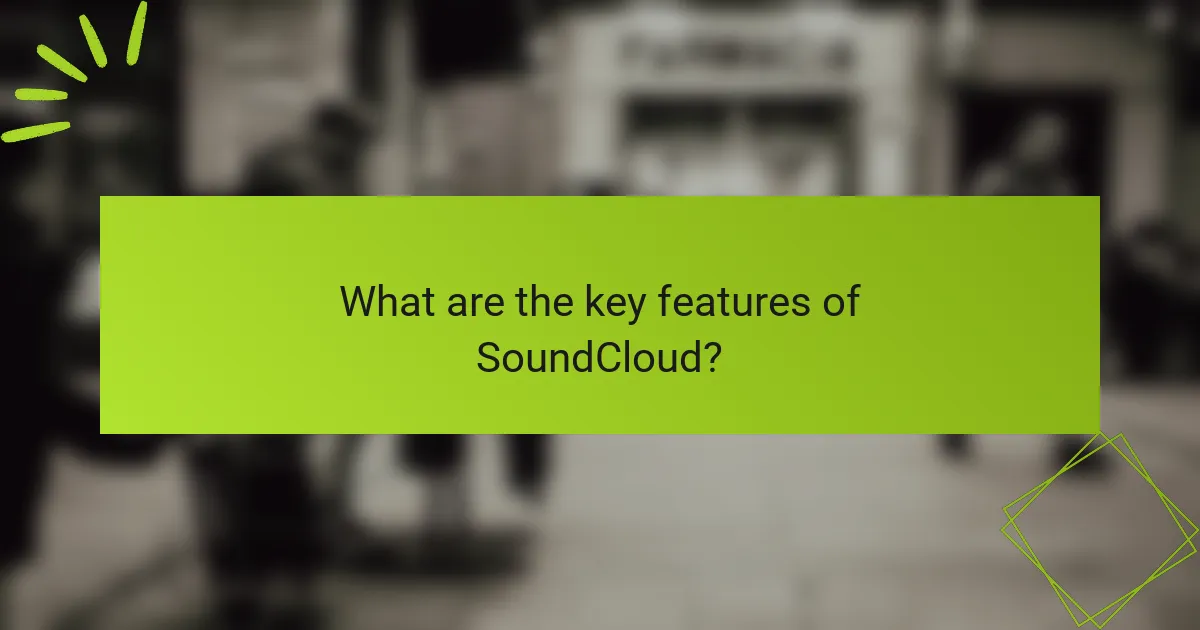
What are the key features of SoundCloud?
SoundCloud offers a variety of features that cater to both artists and listeners, making it a popular platform for music sharing and discovery. Key features include advanced analytics, music discovery algorithms, and community engagement tools.
Advanced analytics for tracks
SoundCloud provides detailed analytics that help artists understand their audience and track performance. Users can access data on plays, likes, shares, and comments, allowing them to gauge which tracks resonate most with listeners.
This data can be crucial for artists aiming to refine their music strategy. For example, if a particular genre or style garners more engagement, artists can focus on that direction for future releases.
Integrated music discovery algorithms
SoundCloud’s music discovery algorithms are designed to help users find new tracks based on their listening habits. The platform analyzes user behavior to recommend songs and artists that align with individual tastes.
This feature enhances user experience by making it easier to discover emerging artists and trending tracks. For artists, being featured in these recommendations can significantly increase exposure and listener engagement.
Community engagement through comments
SoundCloud allows listeners to comment directly on specific moments within a track, fostering a sense of community and interaction. This feature enables artists to receive immediate feedback and engage with their audience in real-time.
Artists can use this feedback to improve their work or connect more deeply with their fans. However, it’s essential to manage comments effectively, as constructive criticism can be valuable, while negative comments may require moderation.
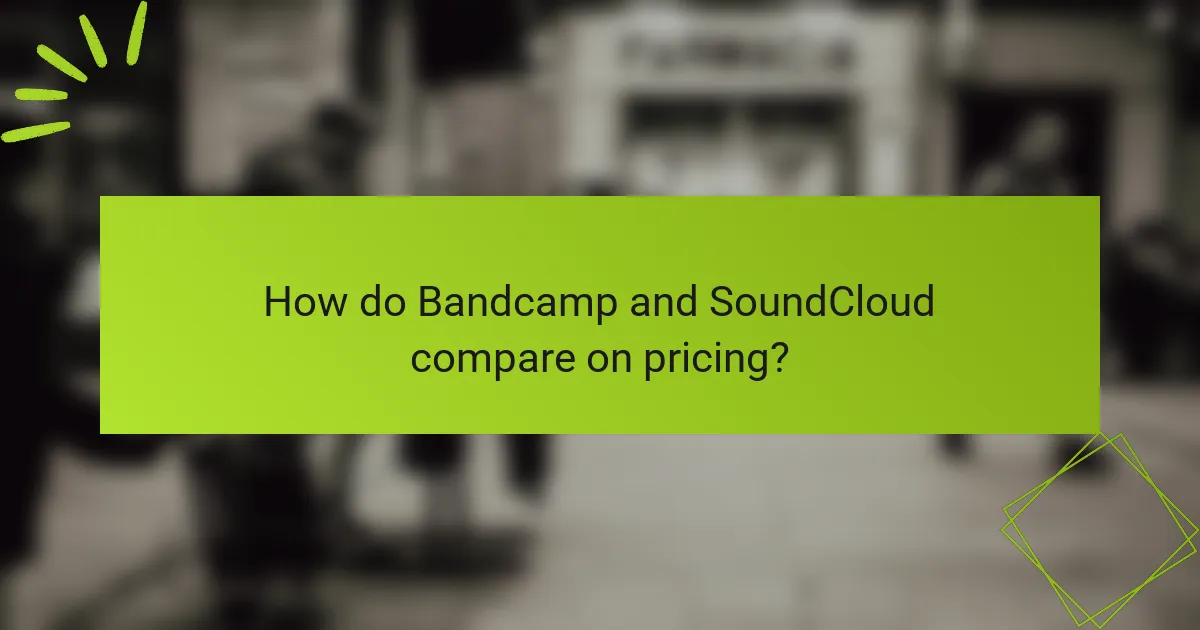
How do Bandcamp and SoundCloud compare on pricing?
Bandcamp and SoundCloud have distinct pricing models that cater to different needs. Bandcamp takes a percentage of sales from music sold, while SoundCloud offers various subscription tiers for users to access additional features.
Bandcamp takes a percentage of sales
When artists sell music on Bandcamp, they pay a fee that typically ranges from 10% to 15% of the sale price. This percentage can vary based on the artist’s total sales volume, with lower rates for those who sell more. Bandcamp allows artists to set their own prices, which can lead to higher earnings if they have a dedicated fanbase.
Additionally, Bandcamp provides artists with tools to sell merchandise, which can also incur similar fees. Artists should consider these costs when pricing their products to ensure they maintain profitability.
SoundCloud offers subscription tiers
SoundCloud operates on a subscription model, offering several tiers that cater to different user needs. The free version allows users to upload a limited amount of content, while paid subscriptions, such as SoundCloud Pro, provide features like unlimited uploads and advanced analytics. Pricing for these subscriptions typically ranges from around $10 to $16 per month.
For creators looking to monetize their content, SoundCloud also offers a program called SoundCloud Premier, which allows eligible users to earn revenue from their tracks. However, this requires meeting certain criteria, including having a significant number of plays and followers.

What are the limitations of Bandcamp?
Bandcamp has several limitations that users should consider before choosing it as their primary platform for music distribution. These include fees, limited promotional tools, and restrictions on music formats.
Fees and Revenue Sharing
Bandcamp charges a percentage of sales, typically around 15% for digital downloads and 10% for physical merchandise. While this model supports artists, it can reduce overall earnings, especially for those with lower sales volumes. Artists need to factor in these fees when pricing their music and merchandise.
Limited Promotional Tools
Compared to platforms like SoundCloud, Bandcamp offers fewer promotional features. Artists can share their music and engage with fans, but they lack advanced marketing tools such as targeted ads or extensive social media integration. This limitation can hinder visibility for new artists trying to grow their audience.
Music Format Restrictions
Bandcamp primarily supports digital formats like MP3, FLAC, and WAV, which may not cater to all artists’ needs. For example, those looking to distribute video or other multimedia content will find Bandcamp inadequate. Artists should consider whether their music requires formats outside of what Bandcamp supports.
